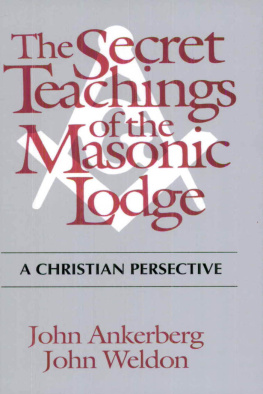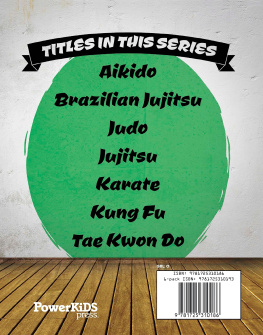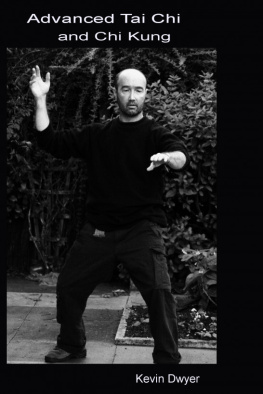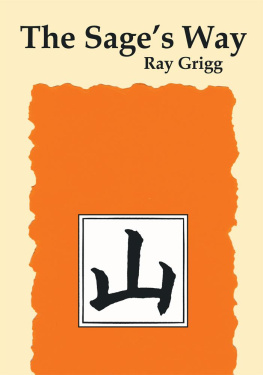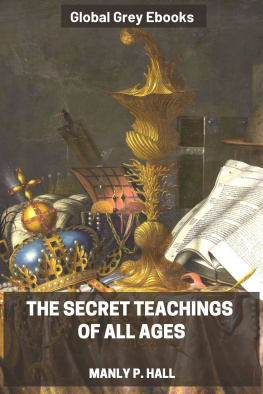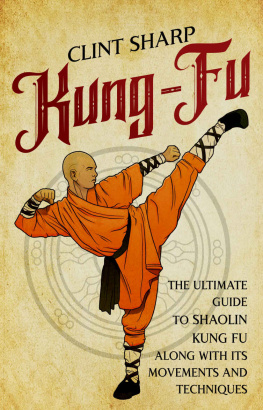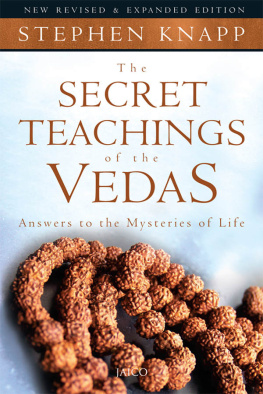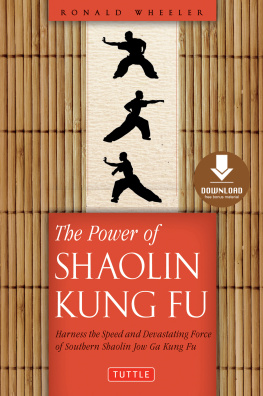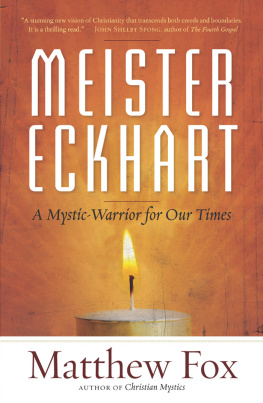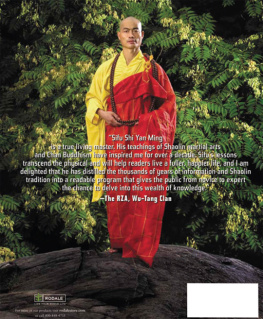Kosta Danaos - Nei Kung: The Secret Teachings of the Warrior Sages
Here you can read online Kosta Danaos - Nei Kung: The Secret Teachings of the Warrior Sages full text of the book (entire story) in english for free. Download pdf and epub, get meaning, cover and reviews about this ebook. year: 2002, publisher: Inner Traditions, genre: Religion. Description of the work, (preface) as well as reviews are available. Best literature library LitArk.com created for fans of good reading and offers a wide selection of genres:
Romance novel
Science fiction
Adventure
Detective
Science
History
Home and family
Prose
Art
Politics
Computer
Non-fiction
Religion
Business
Children
Humor
Choose a favorite category and find really read worthwhile books. Enjoy immersion in the world of imagination, feel the emotions of the characters or learn something new for yourself, make an fascinating discovery.

- Book:Nei Kung: The Secret Teachings of the Warrior Sages
- Author:
- Publisher:Inner Traditions
- Genre:
- Year:2002
- Rating:5 / 5
- Favourites:Add to favourites
- Your mark:
- 100
- 1
- 2
- 3
- 4
- 5
Nei Kung: The Secret Teachings of the Warrior Sages: summary, description and annotation
We offer to read an annotation, description, summary or preface (depends on what the author of the book "Nei Kung: The Secret Teachings of the Warrior Sages" wrote himself). If you haven't found the necessary information about the book — write in the comments, we will try to find it.
Nei Kung: The Secret Teachings of the Warrior Sages — read online for free the complete book (whole text) full work
Below is the text of the book, divided by pages. System saving the place of the last page read, allows you to conveniently read the book "Nei Kung: The Secret Teachings of the Warrior Sages" online for free, without having to search again every time where you left off. Put a bookmark, and you can go to the page where you finished reading at any time.
Font size:
Interval:
Bookmark:

ACKNOWLEDGMENTS
I have had the great fortune in this life of being accepted as John Changs apprentice; my efforts to reach the public would not have been possible without his consent and encouragement, and it is to him first and foremost that I must offer my gratitude. I have been blessed with people around me who make my path easier to walk, people who hold me steady when I am in danger of slipping; this book could not have been written without them. To Elias then, without whose support I would never have journeyed so far into the forgotten side of ourselves. To my students and friends at the Wenwukuan, many of whom train much more fiercely than I ever did; you are, each and every one of you, my brothers and sisters. To Handoko, without whose assistance neither The Magus of Java nor Nei Kung would have been possible. To Karolos, for all the sojourns into humanitys past and the training we do together. And finally to Doris, for putting up with me; it cant be easy.
CONTENTS
INTRODUCTION
There was once a man in China who liked pictures of dragons. His clothing and his furniture were therefore accordingly adorned with dragons. This deep affection for their kind was brought to the attention of the Dragon Lord, who one day sent a real dragon to stand outside the mans window. It is said that he promptly died of fright.
Yamamoto Tsunetomo
Each of us lives within the confines of our individual reality. This is our choice; we choose to live in such a mannerwith the same beliefs of what is real and what is not as those often dictated to us from birth. Our society certainly exerts its influence on our behavior, limiting us within its predefined systems and within what it perceives as common sense. Few people are above this. Our dreams, however, unrestricted by societys whims and the binding chains of narrow logic, often soar above these confines. We are then exposed to a different reality, a place where our innermost hopes and desires are free to express themselves. You see, we have nothing to lose in this new reality. We tell ourselves, This is just a dream, and so are free to live as we truly wish. Protected by our private curtains, free from retribution, we dance out our hopes and aspirations, our innermost fears, within our own minds.
As a species, we have not always been so submissive. Primitive man was free to explore his world without the constraints of a rigorously mechanized society to bind him; he was free to investigate his earth and discern its shape without preconception. The realm of dreams and that of the physical were not so far apart; indeed, the shaman, whose job it was to sojourn into the world of dreams and twilight, was an integral component of society. One could say that primitive man used his dreams as an extension of his five better-known senses. Even today, however, the dreams that dance in our subconscious mind can take shape in the physical world. Progressing as we do through life, we frequently come to find that the myths and legends of humanity, the stories our grandmothers told us, are indeed true. And then what? What do you do when a myth presents itself to you in the flesh? What do you do when a quaint folk belief, accepted by your ancestors but denied by our modern day, knocks at your door? Do you run away? Do you have a heart attack and collapse?
I myself do not. Never having used drugs and being healthy in all respects, I do not doubt the testimony of my own senses. I do not run away. I do not hide. Nor am I afraid, for fear of ridicule, to share with others the revelations I unearth. Part of me is a warrior, you see, and loves a good fightand as anyone who has given one knows, an academic presentation often turns into a good fight, played with the mind rather than with the fists, and against multiple adversaries at that.
Welcome then, once again, to my world. It is a place where there are no limits, where whatever once had shape and form in the history of humanity has found a home. My world revolves around that forgotten part of our soulthat forgotten side of ourselvesthat has been trod upon for reasons of control and domination, I believe, for the last four millennia of our development. What exactly is the forgotten side of ourselves? It is that portion of our heritage that is scoffed at as superstition or make-believe today. It is that part of our innermost being that quietly acknowledges aspects of reality we know to be true, yet hesitates to openly acknowledge them for fear of ridicule. It is our inner connection to those archetypal aspects of existence that primitive It is that side of ourselves that exists with open access to all that may defy our worlds ideas of logic and reason.
In 1994 I saw a documentary on television that changed my life forever. Called Ring of Fire: East of Krakatoa , and produced by the brothers Lorne and Lawrence Blair in 1988, the film described their experiences in the Indonesian archipelago. Central to the documentary was a brief sequence with a shy and somewhat reclusive Chinese-Javanese acupuncturist who performed wonderful things, unbelievable things, for the camera. He demonstrated his full mastery of the phenomenon of chi , or bioenergy, by generating an electrical current within his body, which he used first to heal one filmmaker of an eye infection, and then to set a newspaper on fire with his hand.
Ring of Fire caused thousands to seek out this individual in pursuit of instruction; I was one of the successful ones. In the book The Magus of Java , I described my initial encounter with this master, whose true identity I have hidden behind the pseudonym John Chang (though John really is his name, and so is Chang, after a fashion). things even more exotic. I have spoken with spirits and can testify to their reality. Equally important, I have learned my own teachers story, and have been given permission to publish it. John Chang is a direct heir to the lineage of the sixth-century B.C.E . sage Mo Tzu, who was Confuciuss greatest rival. His discipline, called the Mo-Pai, was, until now, little known in the West.
The method through which these incredible abilities are arrived at is called, in Chinese, nei kung , or inner power. It is the equivalent of the Hindu-Buddhist practice of kundalini yoga, though nei kung involves a martial art and martial practice. Central to the discipline is the transformation of sexual energy into pure unadulterated power, a force that the practitioner can use at will. The cauldron in which this formidable elixir is brewed is called the dantien (elixir field) in Chinese, and is a bioenergetic nexus located four fingers below our navel.
This second book of mine, in many ways part two of The Magus of Java , is not so much about my master, though you will find him weaving himself in and out of these pages. Rather, this book is about how his teaching opened my mind and senses and enabled me to perceive the forgotten side of ourselves. It is by far a more scholarlyand more practicalbook than the first one. This is a study guide written for those who were excited enough by The Magus of Java to pursue further instruction (though I am hoping it will stand on its own as a literary effort) and for those who, regardless of their familiarity with The Magus of Java, wish to learn more about nei kung.
As I have grown in my knowledge of the Mo-Pai tradition, I have discovered that teachings similar to those of the Mo-Pai once had a home all around the world; I have found evidence of nei kung techniques and references to yin and yang energy in almost every ancient culture examined by modern archaeology. It would seem that these teachings endured in China as fossilized versions of what was once universal in distribution. My ambition, then, is that they once again find a home in every country, in every city, in every small village around the globe. I hope to begin with you, the reader; I hope to convince you, through these pages, to undertake a regular meditative discipline, a regimen whose scope you may choose at will and tailor to your own personality and aspirations. For it is meditation, in the end, that is the key that opens the door to the forgotten side of ourselves.
Next pageFont size:
Interval:
Bookmark:
Similar books «Nei Kung: The Secret Teachings of the Warrior Sages»
Look at similar books to Nei Kung: The Secret Teachings of the Warrior Sages. We have selected literature similar in name and meaning in the hope of providing readers with more options to find new, interesting, not yet read works.
Discussion, reviews of the book Nei Kung: The Secret Teachings of the Warrior Sages and just readers' own opinions. Leave your comments, write what you think about the work, its meaning or the main characters. Specify what exactly you liked and what you didn't like, and why you think so.

